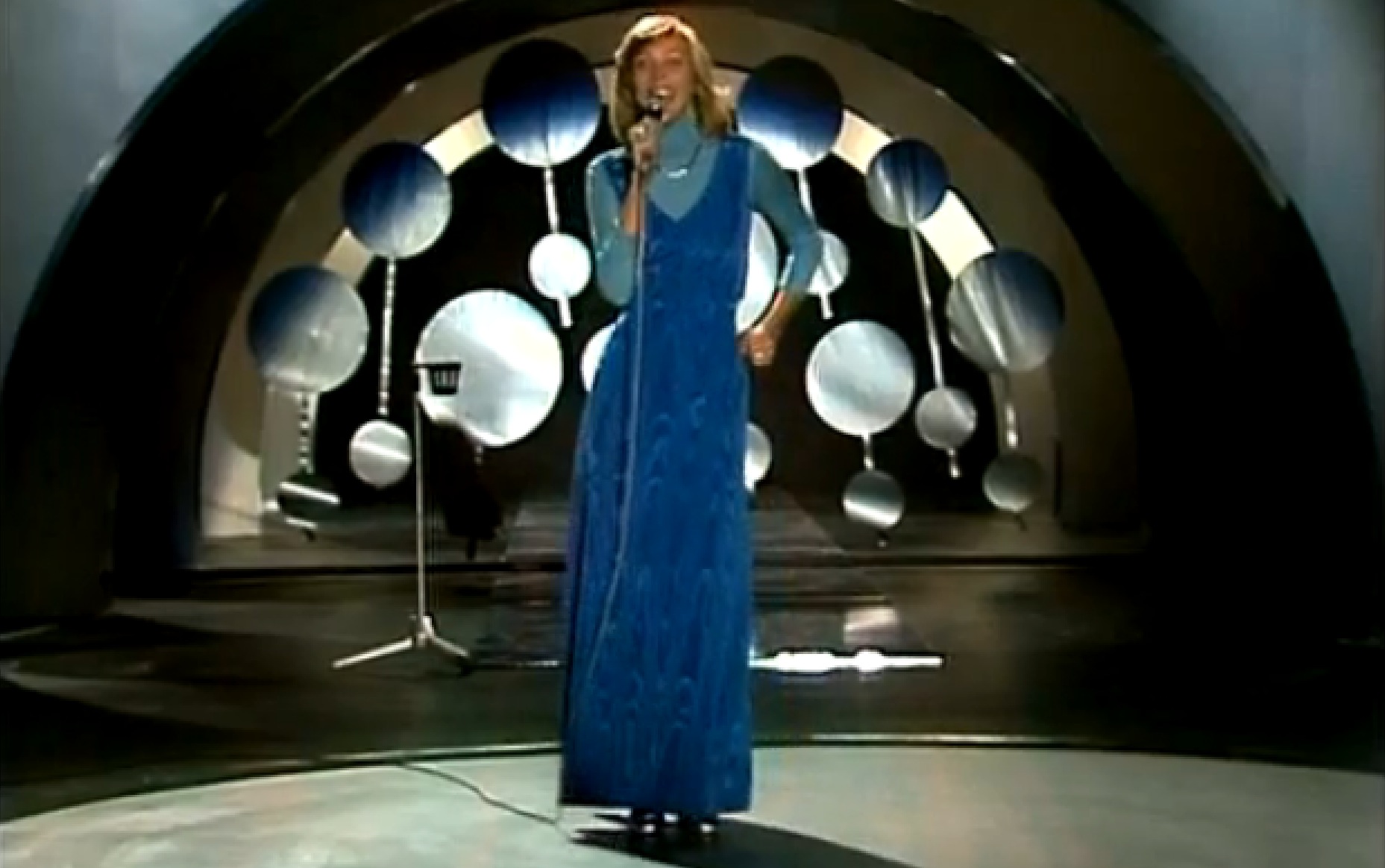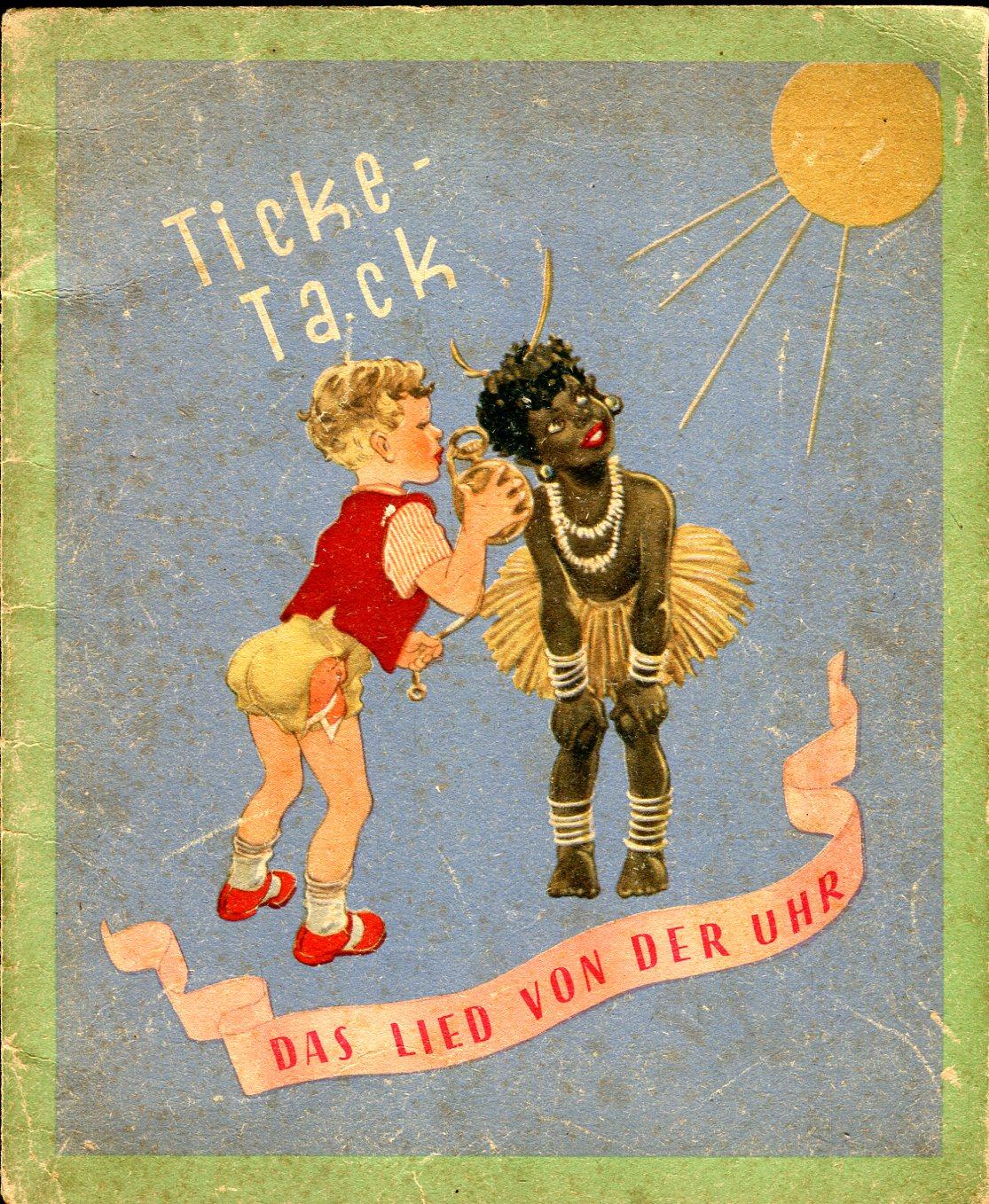A word clock that displays fuzzy time in many languages: www.TICKE-TACK.com. TICKE-TACK LITE Download and Install for your computer - either Windows PC 10, 8 or 7 and macOS 10 X, 32/64-bit processor, we have you covered. Album 2006 24 Songs. Available with an Apple Music subscription. Ticker Tape Administrator Ticker Tape is a simple way to 'broadcast' unobtrusive messages to workstations. $45.32 DOWNLOAD; TICKE-TACK TICKE-TACK is a screensaver and wallpaper.
| Eurovision Song Contest 1961 | ||||
|---|---|---|---|---|
| Country | Germany | |||
| National selection | ||||
| Selection process | National Final 1961 | |||
| Selection date(s) | 25 February 1961 | |||
| Selected entrant | Lale Andersen | |||
| Selected song | 'Einmal sehen wir uns wieder' | |||
| Finals performance | ||||
| Final result | 13th, 3 points | |||
| Germany in the Eurovision Song Contest | ||||
| ||||
Germany was represented by Lale Andersen, with the song 'Einmal sehen wir uns wieder', at the 1961 Eurovision Song Contest, which took place on 18 March in Cannes, France. 'Einmal sehen wir uns wieder' was chosen at the German national final held on 25 February.

Andersen was arguably the best-known singer yet to have taken part at Eurovision, being famous throughout Europe and beyond as the originator of 'Lili Marleen', one of the most iconic songs of the Second World War. Aged 55 on the night of the contest, she was also the oldest, a record she would hold until 57-year-old Dado Topić took to the stage for Croatia in 2007.
Final[edit]
The national final was held on 25 February at the Kurtheater in Bad Homburg vor der Höhe, hosted by Heinz Schenk. Thirteen songs took part, with the winner being decided by a 21-member jury. It is not known by what method the songs were scored, and only the top four placements are currently known. One of the other participants was Christa Williams, who had represented Switzerland at Eurovision the previous year.[1]
| Draw | Artist | Song | Place |
|---|---|---|---|
| 1 | Dieter Thomas Heck | 'Was tut man nicht alles aus Liebe' (What would one not do for love?) | - |
| 2 | Friedel Hensch | 'Colombino (ich weiß ein Tag wird kommen)' (Colombino (I know that a day will come)) | - |
| 3 | Franck Forster | 'Es war ein reizender Abend' (It was a lovely evening) | 3= |
| 4 | Christa Williams | 'Pedro' | - |
| 5 | Fred Bertelmann | 'Ticke-ticke-tack' (Tic-tic-toc) | 2 |
| 6 | Heinz Sagner | 'Jeden Tag voll Sonnenschein' (Every day full of sunshine) | - |
| 7 | Renée Franke | 'Napolitano' | - |
| 8 | Rolf Simson | 'Wer das Spiel kennt' (Those who know the game) | 3= |
| 9 | Ernst Lothar | 'Dich hat das Schicksal für mich bestimmt' (Destiny chose you for me) | - |
| 10 | Lale Andersen | 'Einmal sehen wir uns wieder' (We'll see each other once again) | 1 |
| 11 | Bobby Franco | 'Langsamer Walzer' (Slow waltz) | - |
| 12 | Peggy Brown | 'Du bist meine Welt' (You're my world) | - |
| 13 | Detlef Engel | 'Nach Mitternacht' (After midnight) | - |
At Eurovision[edit]
On the night of the final Lale Andersen performed 8th in the running order, following Sweden and preceding France. The song featured Andersen's trademark spoken-word singing style and was also unusual for including a refrain sung entirely in French, which was legitimate as at the time the European Broadcasting Union had yet to introduce any specific rules regarding language of performance. However 'Einmal Sehen Wir Uns Wieder' failed to find much favour with the international jurors, picking up just 3 points and placing Germany 13th of the 16 entries. The German jury awarded 5 of its 10 points to contest winners Luxembourg.[2]
Voting[edit]
Every country had a jury of ten people. Every jury member could give one point to his or her favourite song.

|
|
Tick-tack-toe
See also[edit]
Tike Tacke Lied
References[edit]
- ^ESC National Finals database 1961
- ^ESC History - Germany 1961
- ^ ab'Results of the Final of Cannes 1961'. Eurovision Song Contest. Archived from the original on 28 March 2021. Retrieved 28 March 2021.
Tick-tocking
